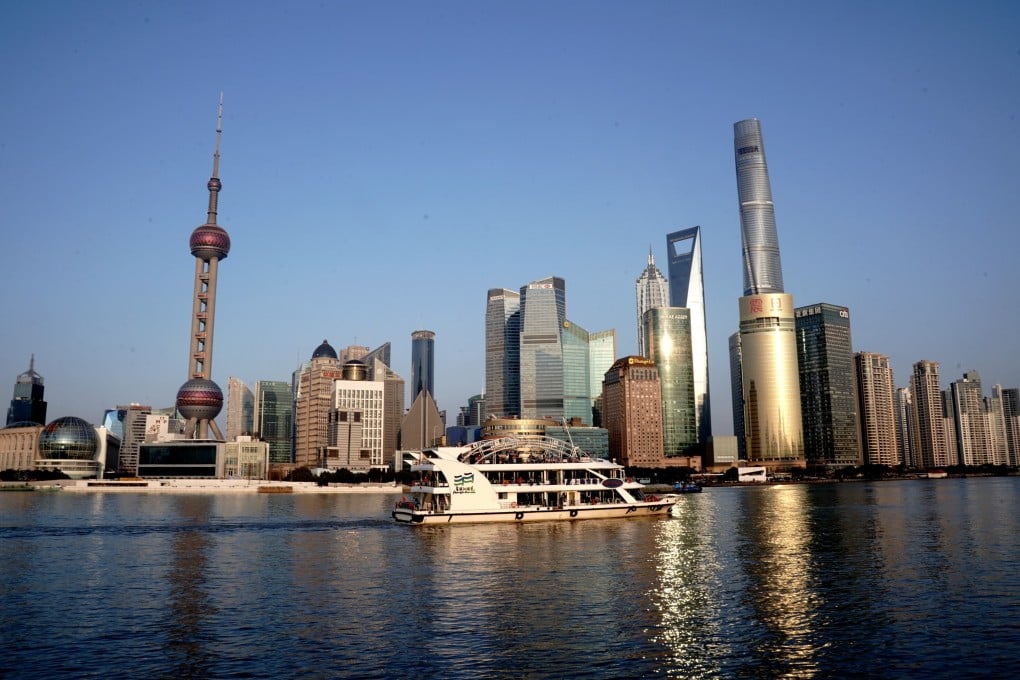China grants tax breaks, policy leeway to turn Shanghai into powerhouse for AI, chips, planes and pharmaceuticals
- Key companies will enjoy a corporate income tax of 15 per cent, nearly halved from a rate of 25 per cent
- Guideline will boost the morale of local businesspeople and foreign investors who hope to tap the country’s vast market, analyst says

China’s central government has announced an unprecedented devolution of authority to Shanghai, allowing municipal authorities greater freedom to enact legislations, offer tax breaks and liberalise the capital market to spur growth.
The Chinese Communist Party’s Central Committee and the State Council on Thursday jointly published a long-awaited set of guidelines about transforming Pudong district on the eastern bank of Shanghai’s Huangpu River, into a “pioneer zone,” or a showcase of China’s progress in building a modern socialist system.
The document is being viewed by city officials and the business community as a blueprint for Shanghai’s development until 2050. China has been prioritising technological innovation to strengthen its economic muscle amid escalating tensions with Washington DC since 2019. In November last year, Chinese President Xi Jinping proposed that an operating guideline be mapped out for the development of Pudong as a “vanguard” zone. The guideline would also help Beijing set the tone for further economic opening up and reforms.
“The guideline will boost the morale of local businesspeople and foreign investors who hope to tap the country’s vast market,” said Yan Jinglan, a professor of foreign studies at the East China University of Science and Technology in Shanghai. “As the gateway [to China], market liberalisations and reform measures in Shanghai are the clearest message to the world that China will continue to be a bright spot in the world economy.”
The US has cut off Chinese technology giants’ access to American technology and supplies such as semiconductors. Under the guideline, Pudong will become an urban area that has the highest competitiveness worldwide.

01:28
Pudong in Shanghai lights up for Chinese Communist Party's 100th anniversary